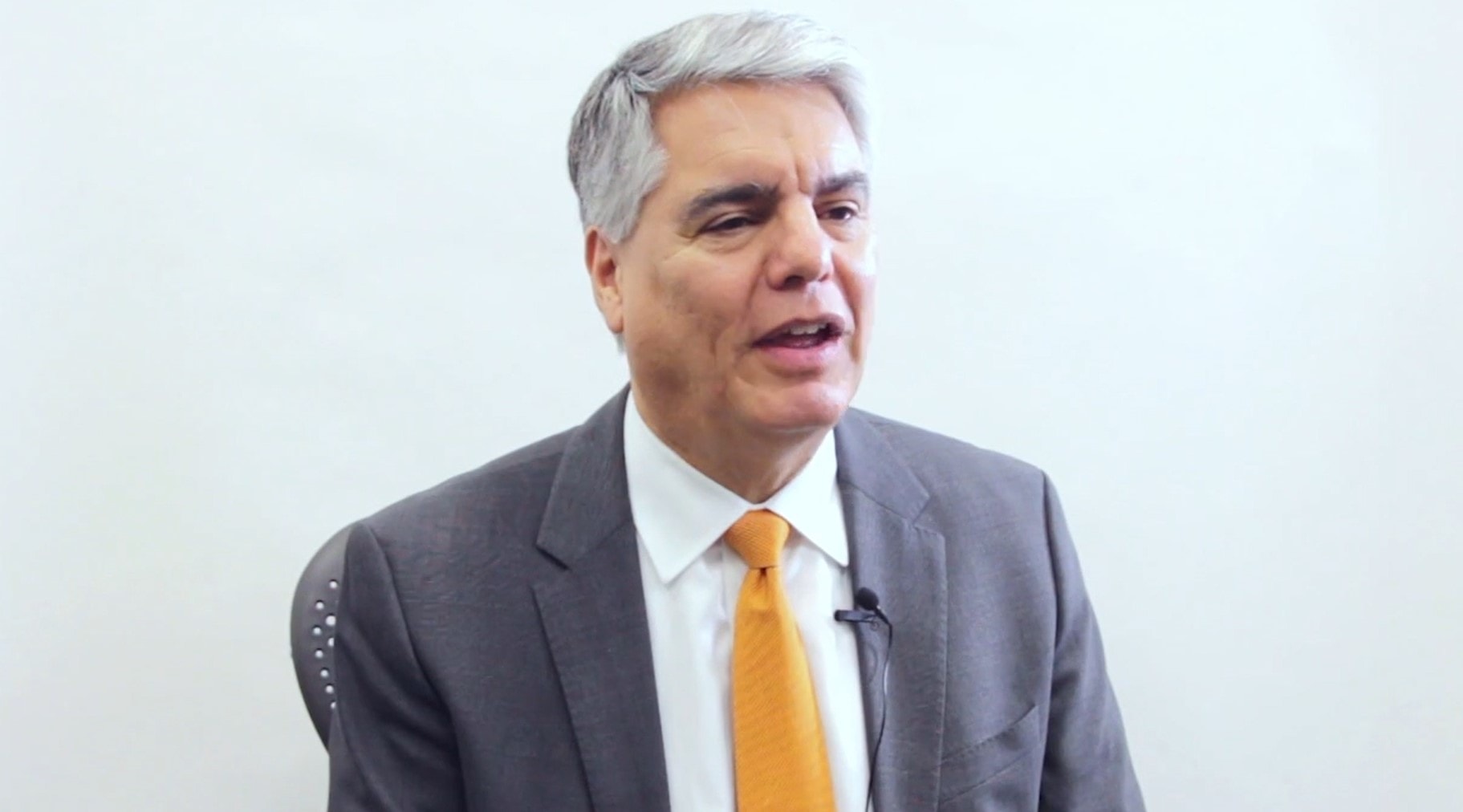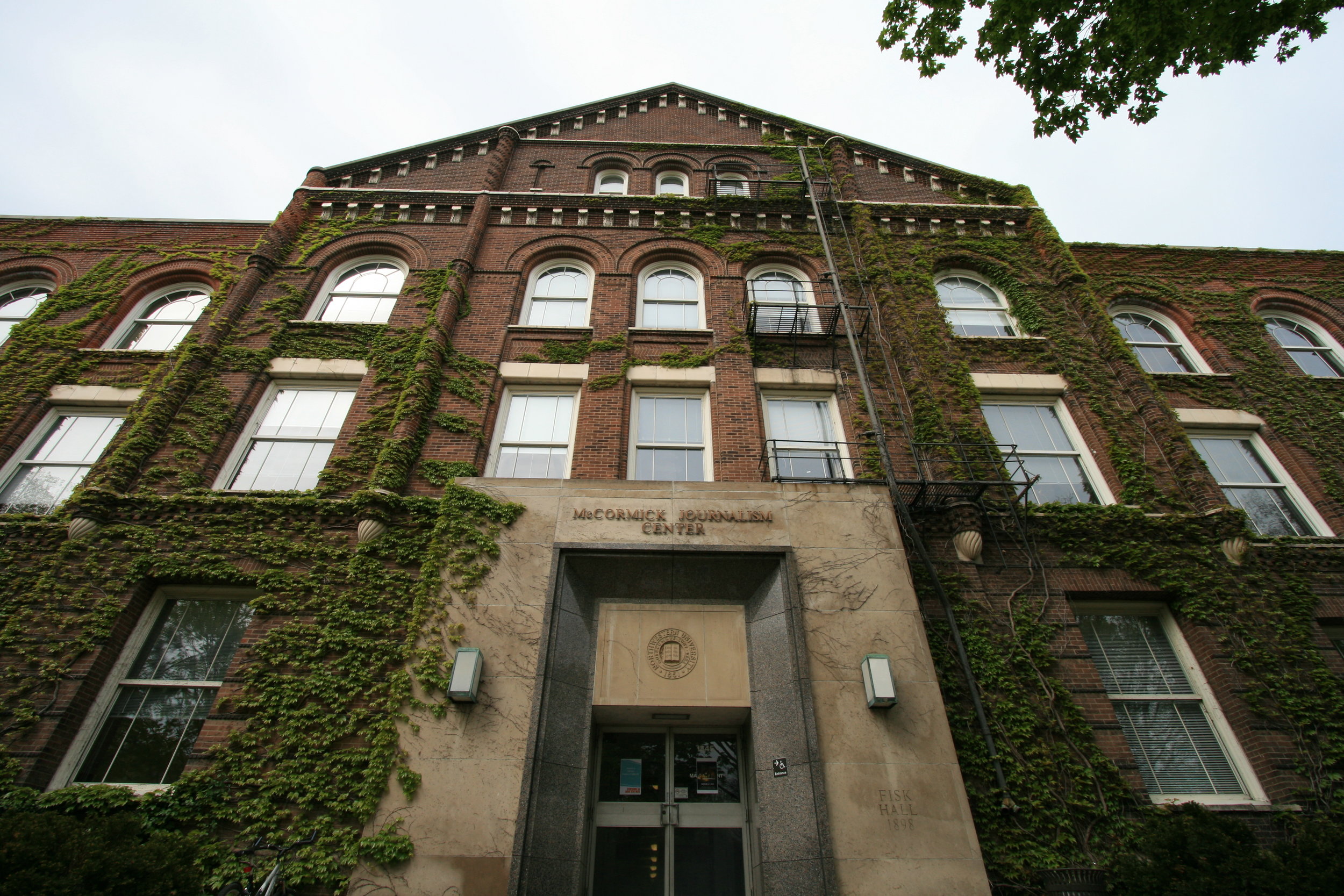“One of the major issues facing the United States as a country, and I think facing many countries around the world, is income inequality. There are a lot of political debates about ways to address that, but nobody debates the proposition that education is important to provide opportunities.”
Gregory Fenves, President of the University of Texas in Austin, talks to the Observatory about social mobility and how to make students career-ready.
Read the full transcript:
The Observatory (O): What is the biggest challenge students face in higher education?
Gregory Fenves (F): We have many students at the University of Texas. Every year we have eighty-five hundred freshmen, and every student has different challenges. What we try to do is identify the students, and what is going to be most important for them to be successful, especially in their first year. It’s going to be very different depending on who the student is, what their background is, what high school they’ve come from, what their preparation is.
As a university, our biggest challenge is: students coming to university, smart kids, but from high schools where they haven’t had as rigorous courses, they’ve never written a paper, the math training is not as good as it should be very limited science. So our biggest challenge as a university is how do we give these smart students the opportunity to be successful at college?
O: What is behind the College to Career initiative?
F: One of the critical narratives of higher education in America is that students graduate from college and they don’t have the skills to be successful in getting a job and they are not successful in their jobs. I don’t think it’s a valid critical narrative, but we do want to make sure that students, no matter what their degree is, whether it’s a degree in English or a degree in electrical engineering, have the skills to be successful, and not just in their first job but in their career that they’re going to have after that first job and long after they graduate.
The idea of College to Career is very early in a student’s education they’re starting to think about what are their career possibilities? What are their career opportunities? How is their education at UT going to prepare them? What additional work they might want to do or what work they might want to integrate as part of their degree program. The traditional approach is of students getting ready to graduate, they are seniors, they go to the career center they sign up for interviews; that’s not going to be as successful as the economy changes, as employment changes, and as things will change in 30 to 40 years after that student graduates.
O: What advice would you give about including social mobility in higher education?
F: Social mobility in higher education is not a new concept but at many American universities it is a new focus, and that’s especially the case for the University of Texas. One of the major issues facing the United States as a country, and I think facing many countries around the world, is income inequality.
There are a lot of political debates about ways to address that, but nobody debates the proposition that education is important to providing opportunities and addressing income inequality through social mobility and education is the key to doing that. We have had so many stories of individual graduates that the key to their success was a degree from the University of Texas and not just that degree, but what they learned enabled them to be successful. For really the first time as a university, we’re focusing on that as a priority, it has always been a byproduct, and now we’re thinking about that as a priority of what we do: how we identify potential students, how we recruit them, how we admit them, and then how we give them an education for them to be upwardly mobile.
O: How is UT Austin motivating teachers and students to investigate more?
F: At many universities, we think about our two missions: our teaching mission and our research mission. Some universities don’t think very much about how those two are related, and that’s something we have been working at UT Austin, we have been for a very long time, that the education is enhanced by the research the faculty and graduate students are doing, and the teaching motivates many research questions in many fields. How do we, more closely, integrate that? Because there is a value to getting an education, an undergraduate education at a research university, so we’ve been looking at how to bring those two even closer together. It fits into this idea that part of education is not just the classroom or just the laboratory or just the studio its experiences that mirror what a student will be doing for 30, 40 years after they graduate. And what is that? It is identifying tough problems that may not have a solution, but you’ve got to figure out how to deal with them, and whether those are a scientific problem or an economic problem or a social problem or a political problem, and giving students that experience as part of their undergraduate education.
O: What’s the biggest benefit of peer-to-peer mentoring?
F: Many of our students come into the University of Texas not understanding what a college education is and how to be successful. Why is that? Because for many of our students, nearly a quarter of our students are the first in their family to go to college. If they fail a chemistry exam, they don’t have a parent or a sibling or an aunt or uncle or cousin to help guide them through. How do we help that student? Well, we could have a faculty member, but the faculty may not know how to help a student. We can have a professional staff member or professional staff do a lot of great advising but, for many people, you want to get your advice from your peers, you get your support from your peers. It is self-reinforcing. If you help a student, you’re also helping yourself because you learn in that process.
We have found peer mentoring is not the only method, but it’s a very effective method for students to feel that they’re getting the support and that they’re not the only ones that might have failed a chemistry exam. And those students who have failed a chemistry exam do better on the next one and go on to pass a course and do well on a course and do well in the courses that follow, and they can learn that from their peers and not being told by a professional staff member or a faculty member.
This article from Observatory of the Institute for the Future of Education may be shared under the terms of the license CC BY-NC-SA 4.0 
)
)



)
Observatory IFE
Observatory IFE
Observatory IFE